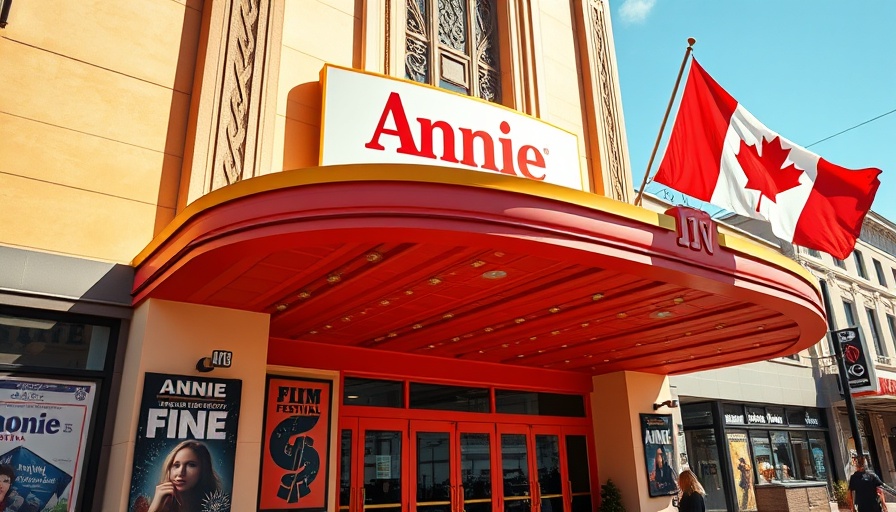
The Heavy Weight of History: War and Identity
The video excerpt from the Stratford Festival, titled "Forgiveness: 'War Starts Here,'" captures a poignant moment in the context of World War II, focusing on the Japanese-Canadian experience following the attack on Pearl Harbor. This dramatic reenactment delves deep into the complexities of identity, loyalty, and the harsh realities faced by Japanese Canadians during wartime. For many, the announcement of war against Japan did not only raise alarms about military conflict but also cast a long shadow over communities and stirred questions about belonging and acceptance within their own nation.
In 'Forgiveness: War Starts Here,' the discussion dives into the impact of war on communal identity, exploring key insights that sparked deeper analysis on our end.
Personal Stories Amidst National Tragedy
The characters in the excerpt embody the emotional turmoil that many individuals faced during this tumultuous period. With statements reflecting loyalty to Canada despite facing discrimination, these interactions highlight the struggles of Japanese Canadians who sought to prove their allegiance while confronting deep-seated prejudices from their fellow citizens. The prevailing sentiment of fear and anger, stirred by the Japanese attack, created an environment where loyalties were questioned, and racial slurs became common. This reality serves as an essential reminder that wars can fracture not only countries but also the very fabric of communities.
Understanding the Impact of Racial Stereotypes
As the characters in the video assert their Canadian identity, the harsh reality of discrimination rings clear. The label "Jap" reflects deep-rooted stereotypes that are often invoked during times of crisis. This serves as a critical lens to examine the impact of racial stereotypes on individuals during wartime. The dialogue reveals how external conflicts can exacerbate existing societal prejudices, showcasing the need for compassion and understanding in times of national strife.
Reflection on Loyalty: A Complicated Narrative
The desire to enlist and prove loyalty is a recurring theme within the dialogue. The characters grapple with their desire to serve their country, contrasting an ideal of patriotism with the stark reality of their exclusion from military service and voting rights. This contradiction raises questions about who is considered a true citizen. In this sense, the narrative forces viewers to reflect on what true loyalty entails and how barriers can exist, not just on the battlefield, but within the very hearts of nations.
Embracing Forgiveness: Lessons from the Past
The video presents a meditation on forgiveness—not just towards those who have caused harm but also toward oneself. The fight for acceptance and love within a community can sometimes require a journey through anger and misunderstanding. As individuals work to navigate the complexities of their identity, the road to forgiveness allows for healing and a reimagining of shared narratives. Engaging with the past can help create a more inclusive future and foster reconciliation.
Beyond Theatre: Why This Message Resonates Today
In today's context, understanding the themes of identity, acceptance, and racial prejudice remains crucial. As societies continue to grapple with similar issues, the personal stories illustrated in this theatrical piece remind us of the importance of empathy in healing historical wounds. Stories like those depicted in "Forgiveness: 'War Starts Here'" resonate deeply, as they compel us to confront uncomfortable truths and strive for a future defined by unity and understanding.
The powerful themes from the excerpt of "Forgiveness: 'War Starts Here'" prompt a collective reflection on what it means to belong, especially for communities often marginalized during times of conflict. As we engage in these narratives, it becomes imperative to cultivate an environment of acceptance and reconsider previous notions of loyalty.
 Add Row
Add Row  Add
Add 




Write A Comment